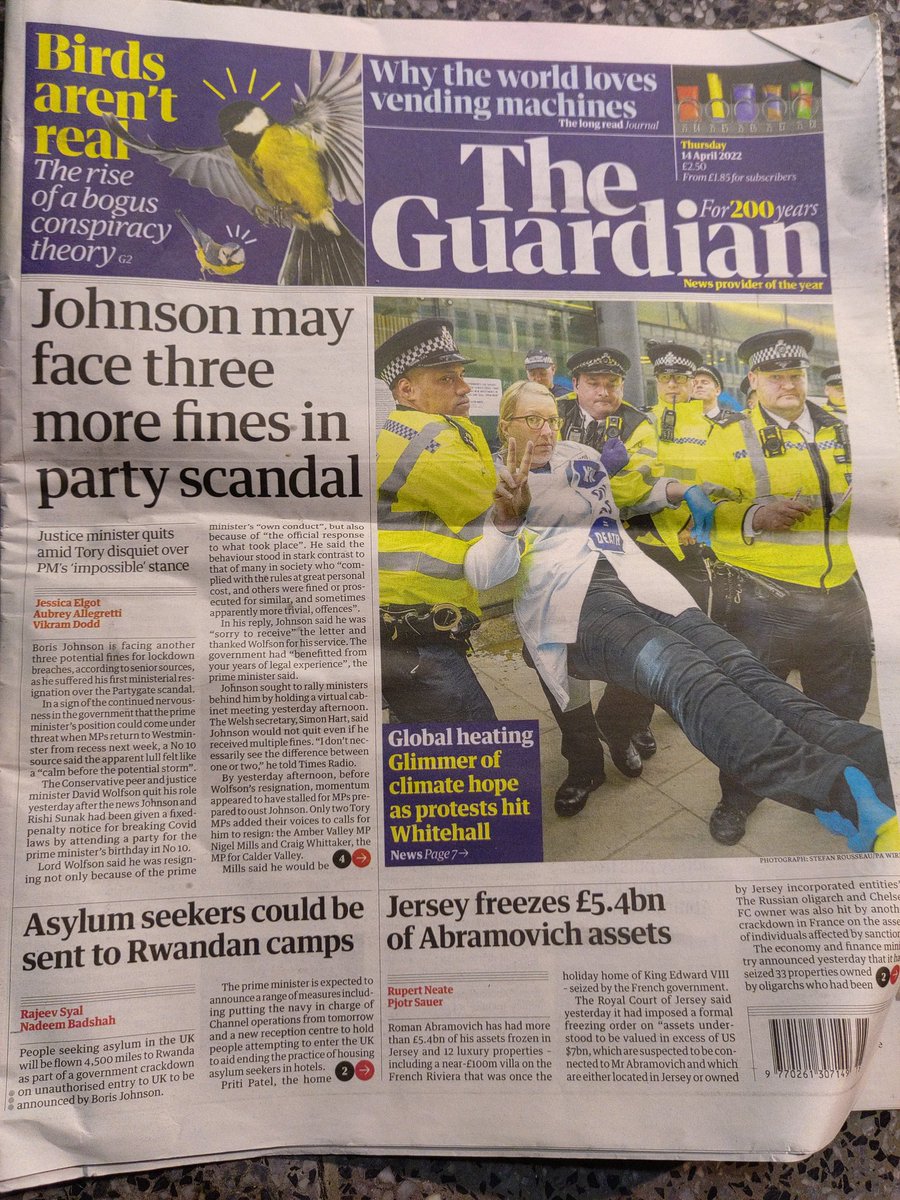At today’s press briefing, Chris #Whitty asserted that rates of #COVID19 are not increasing in school-age children, based on a graph showing the rate of test positivity has not increased in the 5-10 or 11-14 year old age groups. 1/n
However, the test positivity rate isn’t very illuminating. We know there are other viruses in circulation that have symptoms that overlap with COVID. The test positivity rate conflates the increase in COVID cases with the increase in these other viruses. 2/n
It would be of interest to look at the rate of increase of positive cases across age groups (I’ve not seen these data). However, these data would also be problematic to interpret, because:
a) Maybe 40% of infected children are asymptomatic, and won’t be tested; and ... 3/n
a) Maybe 40% of infected children are asymptomatic, and won’t be tested; and ... 3/n
b) Many of those with symptoms won’t be tested because of the lack of availability, the disincentives to getting tested, or the very restricted set of symptoms that are required to allow a test to be conducted. 4/n
So what would be a relevant dataset for assessing whether the incidence of COVID is increasing among school age children? The gold standard is random sampling. We need more of this, but some is happening, most notably the ONS survey. 5/n
Here’re data from the most recent ONS survey (up to 19th September). As can be seen, the COVID rate among the youngest age groups has gone up from essentially zero in early August to about 2 per 1000 by mid-September. ons.gov.uk/visualisations… 6/n
That might not sound like much, but it equates to about 20,000 children across the UK, and - given the error bars - could be 4 or 5 per 1000, i.e., around 50,000 children. 7/n
Another way to think about it is that at the time of the survey the average secondary school had about 2 infected pupils, and two out of five primaries had an infected pupil. 8/n
Of course, there are big variations across areas. A school in Liverpool conducted its own mass testing of its 1100 pupils and found 40 positive cases (all apparently asymptomatic), i.e., around 20 times higher than the rate suggested by the ONS survey.
https://twitter.com/adamhamdy/status/1310669872007872512?s=209/n
Another relevant dataset is the number of schools that have reported cases. There’s a map here. boycottunsafeschools.co.uk/reported-covid… This isn't all of them, for reasons mentioned above, but also not all schools report (and it’s hard for @parentsunited to keep up with those that do!). 10/n
This graph of these reports over time was made by @ToryFibs. (It's gone up by a few hundred since then). Looks like there's an extra hundred schools affected every day since they re-opened. But I wouldn't rule out exponential growth here. 11/n 

It’s hard to reconcile these data with Whitty’s claim that rates of COVID are not increasing in school-age children. Yes, the school data include teachers as well as children, but do we *really* think this is all teachers, and that they’re all being infected outside school? 12/n
We know that children are getting COVID, and
We know that children transmit COVID. livescience.com/summer-camp-co… 13/n
We know that children transmit COVID. livescience.com/summer-camp-co… 13/n
We know that classrooms are ideal for spreading airborne disease (and the government refuse to mandate masks in classrooms as in other countries).
14/n
14/n

The default hypothesis should be that COVID is spreading among children in schools, and the data presented today are not sufficient to reject that hypothesis. We need more data! (ideally, more random sampling) 15/15
• • •
Missing some Tweet in this thread? You can try to
force a refresh









